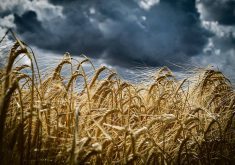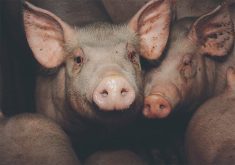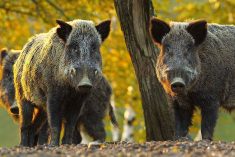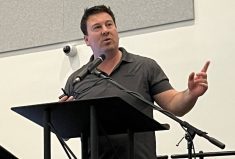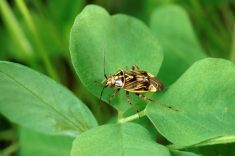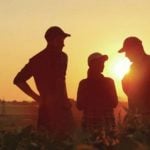Alberta and Ontario have established farmer-run helplines for struggling livestock producers and their accomplishments indicate similar services are needed across the country, says the man who runs the Alberta operation.
“Every province should have one of these,” Darrell Dalton, interim registrar of the Alberta Veterinary Medical Association, told the National Farm Animal Care Conference.
Alberta Farm Animal Care was launched in 1993 by 17 livestock groups and the vet college at the University of Calgary. Its board has representatives from all livestock groups plus vets and provincial agriculture officials.
Read Also
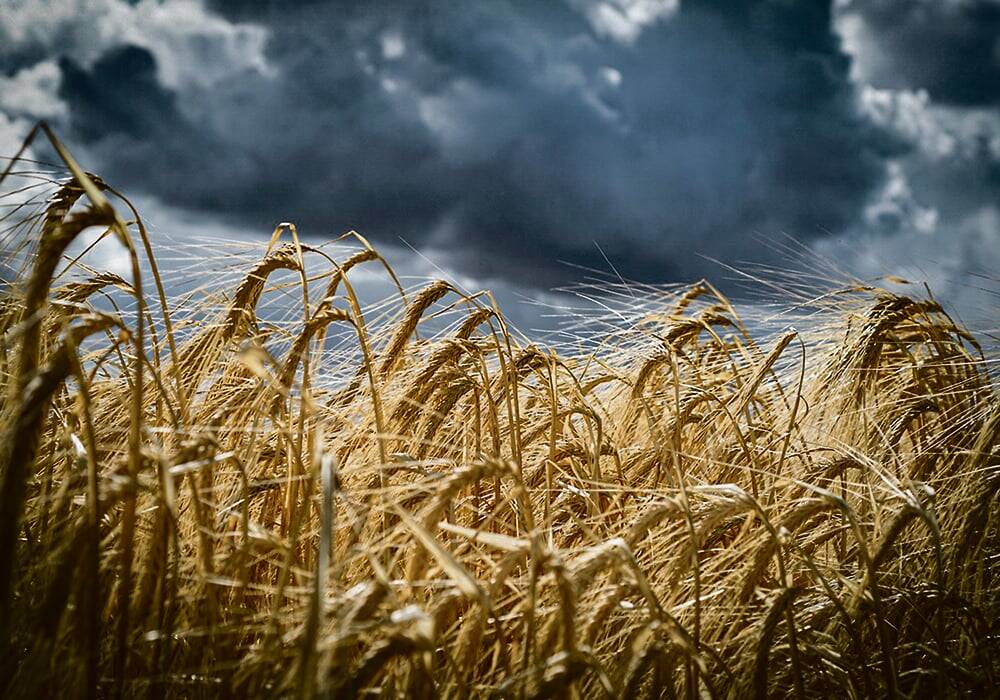
Corn market looks bullish; barley has potential
Canadian commodity market analyst makes his predictions on what barley and corn commodities will look in 2026.
Its ALERT line allows people to confidentially report situations when they fear livestock aren’t being properly cared for, instead of calling the Society for the Prevention of Cruelty to Animals.
“When a report is received, we get volunteer producers in the area to pay the producer a visit,” said Dalton.
“They find everything from farmers in financial distress to having mental problems. A lot of times we can help the producer, but if there are dying or distressed animals, we have to turn the situation over to the SPCA.”
Ontario started its Farm Animal Care Helpline through Farm & Food Care, said Kristen Kelderman, the organization’s animal care co-ordinator.
It offers a similar service, calling in the Ontario Society for the Prevention of Cruelty to Animals only as a last resort, she said. But it can’t deal with every incident, she added.
“The helpline does not have the mandate or resources to respond to the estimated 1,400 farm animal calls answered by the OSPCA every year,” she notes.
Dalton said his organization tries to intervene before farms “become wrecks,” and has vets who are willing to work with struggling producers who aren’t clients.
“They don’t heal the animals but help educate the farmer,” he said.
The Alberta group is also working on a euthanasia project that is an alternative to an inspector or police officer shooting a distressed animal with a revolver.
It has purchased 25 special euthanasia devices with Growing Forward 2 money while the province has acquired 25 for the use of “vets accredited for emergency slaughter.”
These kinds of services should be seen as a public good and be eligible for government funding, Dalton said.
“The biggest barrier to expanding this program is funding,” he said.


